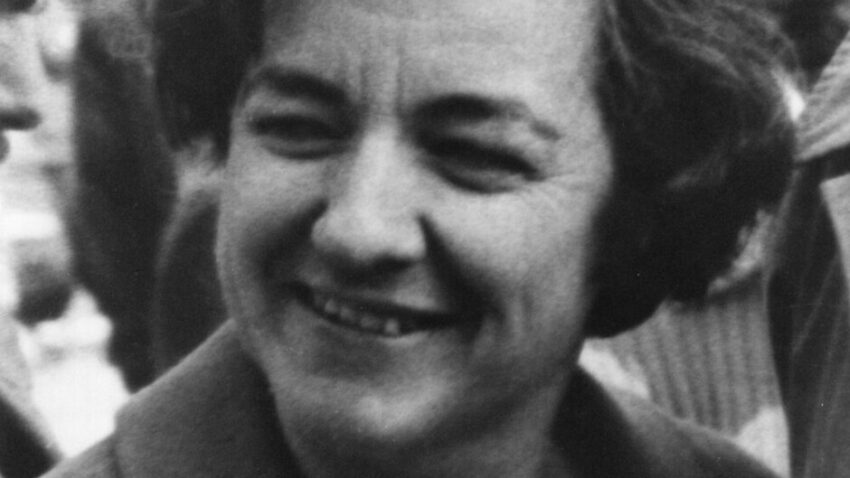by Helena Moradi and Bojan Perovic

This article critically examines the complexities surrounding the conservatorship of Britney Spears as a focal point to explore broader systemic issues within the U.S. guardianship system, guided by the principles of vulnerability theory. Spears’ high-profile case exposes fundamental flaws in a framework that prioritizes autonomy over the recognition of inherent human vulnerabilities. By situating her legal battles within the context of vulnerability theory, this paper challenges the prevailing legal myths of autonomy and advocates for reforms that create a more just, adaptive, and humane system. The analysis extends beyond Spears’ case, proposing a series of detailed reforms to integrate the principles of vulnerability theory into U.S. conservatorship laws. This discourse not only emphasizes the limitations of current legal practices but also emphasizes the universal applicability of vulnerability as a fundamental aspect of the human experience, suggesting that legal systems worldwide could benefit from similar reforms. By selecting Britney Spears—a figure emblematically associated with autonomy, independence, and defiance of societal expectations—this paper broadens the discourse surrounding legal conservatorship, arguing for legal frameworks that better reflect the dependence and vulnerabilities inherent in the human condition.
Introduction
As authors who fall within the Millennial generation, we recall the proliferation of memes and tabloid headlines surrounding Britney Spears’ most publicized period—none more iconic than the images of her shaving her head in 2007. These images became a viral spectacle, embedding themselves into our collective understanding of autonomy. At the time, they served not only as countless jokes and memes but also subtly reinforced a prevailing narrative of autonomy. Here was Britney Spears, a successful, famous woman seemingly in full control of her life, making a public declaration of that autonomy in the most dramatic fashion. Or so it appeared to a culture steeped in the myth of the liberal legal subject, where autonomy is both an expectation and a mandate.[1]1 Thomas Hobbes and John Locke, seminal figures in the tradition of social contract theory, offer foundational yet divergent perspectives on the state’s role in managing individual liberty versus societal order. Hobbes, in Leviathan (1651), argues for a sovereign authority to avert the brutal “state of nature” he describes, recommending a powerful government essential to ensure peace and prevent civil conflict. See generally Thomas Hobbes, Leviathan 121–24 (Edward White & David Widger eds., Project Gutenberg 2002) (1651), https://www.gutenber
g.org/files/3207/3207-h/3207-h.htm [https://perma.cc/3UZT-TLJ9]. Conversely, John Locke in Two Treatises of Government (1689), posits that government should serve primarily to protect the natural rights of individuals—life, liberty, and property—suggesting that the state’s authority is justified only to the extent that it upholds these rights. See generally John Locke, Two Treatises of Government 163 (Rod Hay ed., McMaster Univ. Archive of the Hist. of Econ. Thought 1999) (1690), https://www.yorku.ca/comninel/courses/3025pdf/Locke.pdf [https://
perma.cc/F3FQ-3898]. These contrasting views underline the philosophical debate on the balance between autonomy and authority, which continues to influence contemporary legal frameworks including those pertaining to conservatorship and guardianship.
This moment, and the public’s reaction to it, captures society’s tendency to view individuals—particularly those as visible and “privileged” as Spears—as possessing complete autonomy. This viewpoint assumes that individuals are entirely free to shape their destinies, uninhibited by underlying vulnerabilities or systemic structures that might dictate otherwise.[2]2 See Marina Oshana, Personal Autonomy in Society 3 (Taylor & Francis 2016) (2006).
Close It’s a perspective that, while superficially empowering, grossly simplifies the relationship between mythical autonomy, vulnerability, and dependency that shapes the human condition.[3]3 See generally Martha Albertson Fineman, The Vulnerable Subject: Anchoring Equality in the Human Condition, in Transcending the Boundaries of Law: Generations of Feminism and Legal Theory 161, 161 (Martha Albertson Fineman ed. 2010) [hereinafter “Fineman, Anchoring Equality”] (arguing that vulnerability is inherent in the human condition).
The choice of Britney Spears as our case study may initially seem unconventional. Traditionally, discussions around conservatorship have centered on elderly individuals, who are typically perceived as the primary subjects of such legal arrangements due to their age-related vulnerabilities. However, by selecting Britney Spears—a figure symbolically associated with autonomy, independence, and defiance of societal expectations—we aim to challenge and expand the discourse surrounding legal conservatorship.
Read more here: https://sclawreview.org/article/britney-spears-and-systemic-reform-embracing-vulnerability-in-conservatorship-laws/





